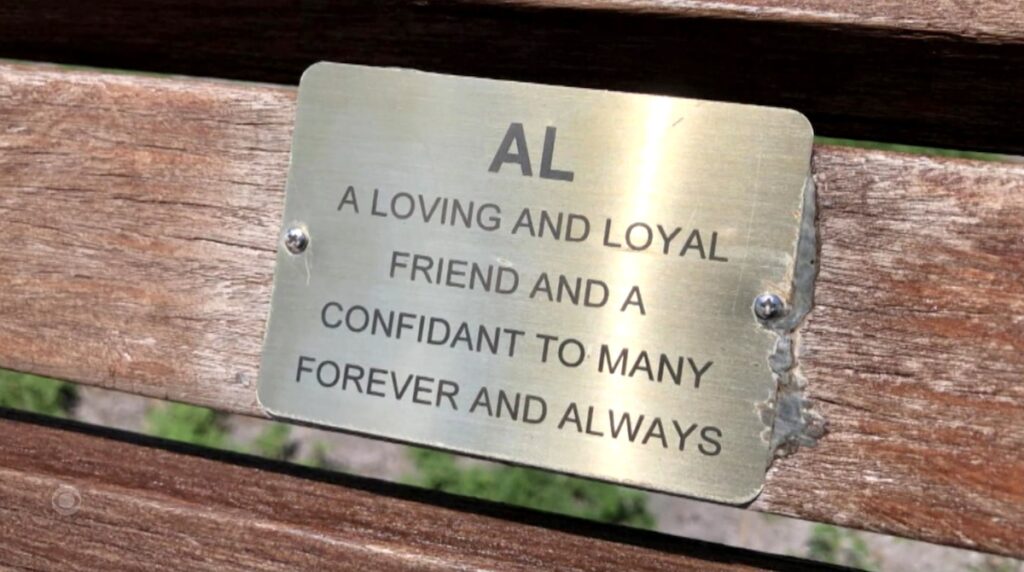
Listening to others goes beyond just recognizing the words they are saying. By being an active listener and discerning how others are feeling, we can support someone and show we care.

Create positive relationships and meaningful connections with family members, classmates, and teachers.
Assess and be sensitive to the feelings and needs of others.
Enthusiastic to understand more about themselves, others, and the world around them.
Fully engaged in the educational process and connected to the school community.

Students will learn about the power of listening from Al, a Florida man who takes time out of his day to listen to community members.





K-5
6-12

Educators: Copy the Family Connection and email it to parents, or click here to download a PDF version to email or print.
Watch
Discuss
Use these questions to start a meaningful discussion about listening.